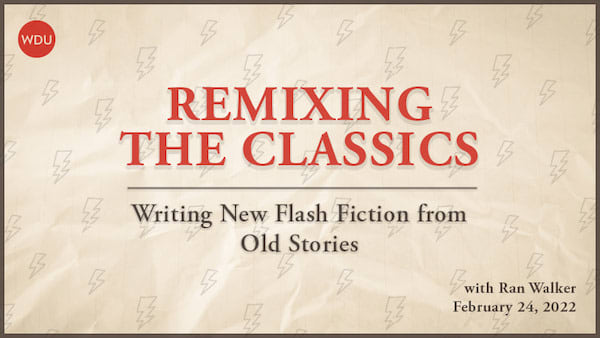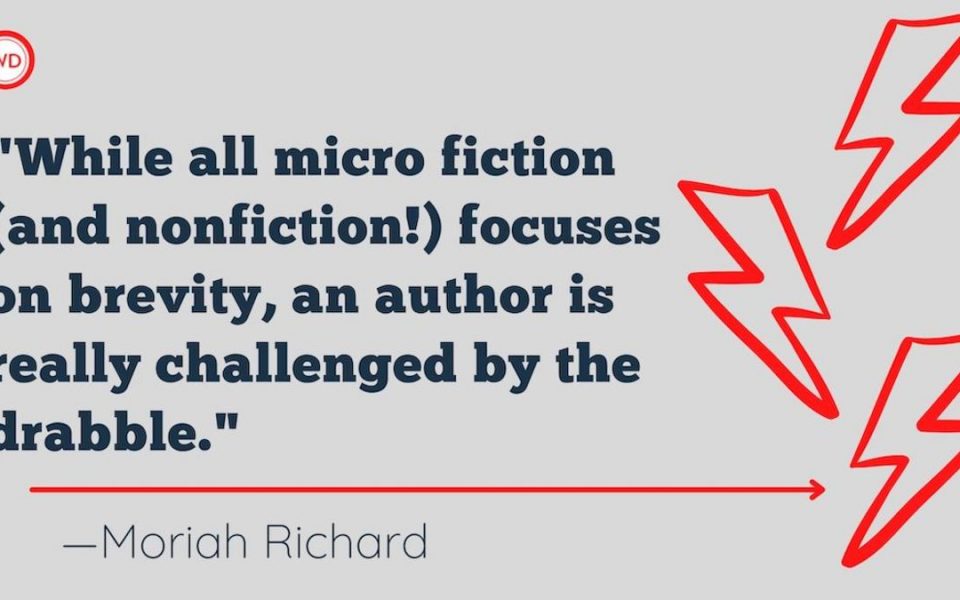What Is a Drabble in Writing?
The first time I heard the word drabble, I was on Tumblr.
It wasn’t totally surprising; this is back when I was very actively writing fan-fiction, and my mutuals were all fans of the shows and books I was into. If you’re a part of the fic community, you’ll know that sometimes people will write to you and request work based on a prompt, theme, or even something as vague as “angst with a happy ending.”
When a writer I really admired announced that they were doing a 30-day drabble challenge, I was confused. They were kind enough to explain to me that they were challenging themselves to write a 100-word story every day that month.
Simply put, a drabble is a story of exactly 100 words.
While all micro fiction (and nonfiction!) focuses on brevity, an author is really challenged by the drabble. Not only do you have to tell a story, but you have to do it quickly, barely letting the reader get their feet wet before they’re back on the shore. It requires a lot of skill, patience, and—in my experience—editing to get a drabble of high quality out of a story idea.
The term itself is said to come from Monty Python’s 1971 Big Red Book, which describes a game called Drabble where players compete to write a novel. In the 1980s, the Birmingham University SF society is credited for setting the story’s length at 100 words.
The following have come out of the drabble:
- Dribble: A story of 55 words
- Double drabble: A story of 200 words
- Trabble: A story of 300 words
- Pentadrabble: A story of 500 words
The term drabble is used more loosely now than it has been in the past; for many writers, it means a very short story, regardless of length, or a story that they’ve written very quickly and don’t take seriously. However, many still take the drabble form seriously, like 100 word story, the online literary journal dedicated to showcasing the best drabbles out there.

During this live webinar, award-winning writer Ran Walker will teach you how to find and mine ideas for your flash fiction. He will show you how to take stories in the public domain and “remix” them into new stories. Ran will also show you how to put your own spin on these ideas and make them truly yours.


